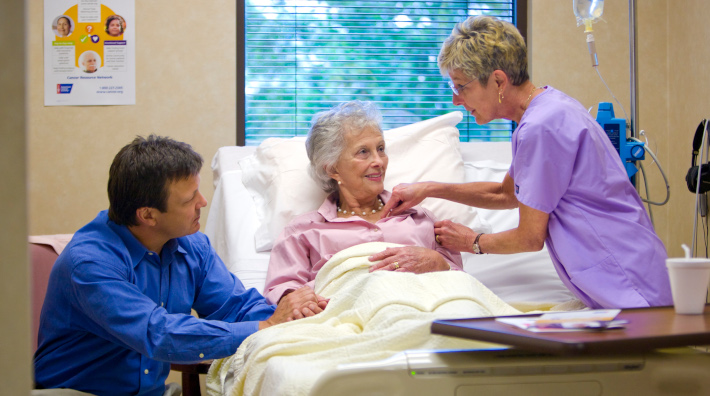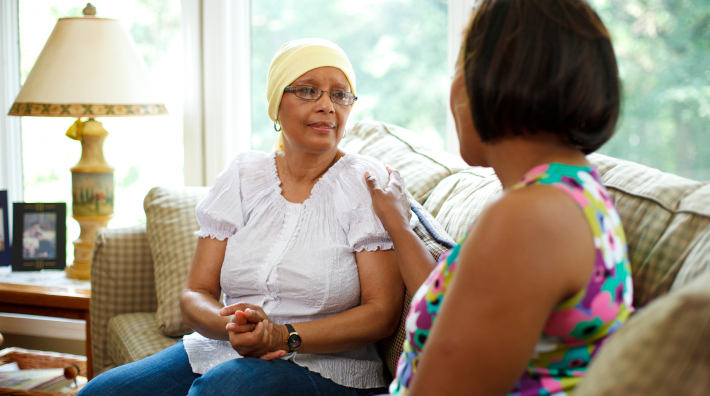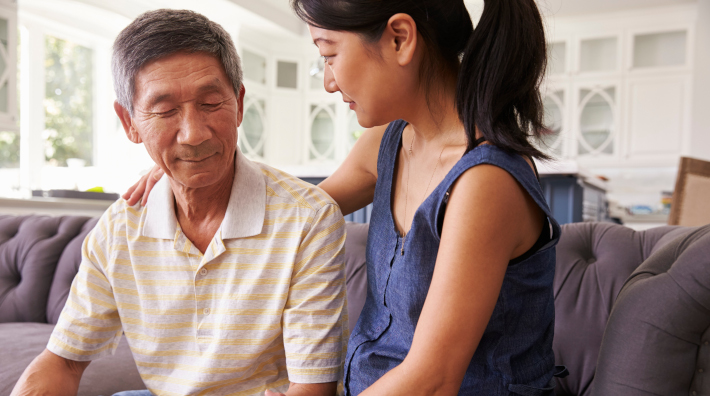Cancer Connections
Cancer News, Stories, and Conversations
Our team of experts brings you cancer-related news, features, and survivor stories.
Filtering by:
Side EffectsPersonalized Treatment Leads to Less Nerve Damage for Black Women with Breast Cancer
Published on: June 13, 2024
For Black women with breast cancer, the chemotherapy drug docetaxel causes less nerve damage than the chemotherapy drug paclitaxel.
Caregiving Before and After Cancer Surgery
Published on: February 6, 2020
Taking care of someone who’s having cancer surgery may involve helping them get ready before the procedure, being their advocate during recovery, and then helping them get back to daily life again.
FAQ: Caregiving During Chemotherapy
Published on: November 13, 2019
Taking care of someone getting chemotherapy can involve helping to make treatment decisions and many other tasks. Knowing what to expect as a caregiver allows you to be helpful while taking care of your own needs too. Learn the basics.
FAQ: Caregiving During Radiation Treatment
Published on: October 18, 2019
It’s normal to have questions about how to help someone getting radiation treatment. Read the answers to some of the more common ones here. For more help call us at 1-800-227-2345.





